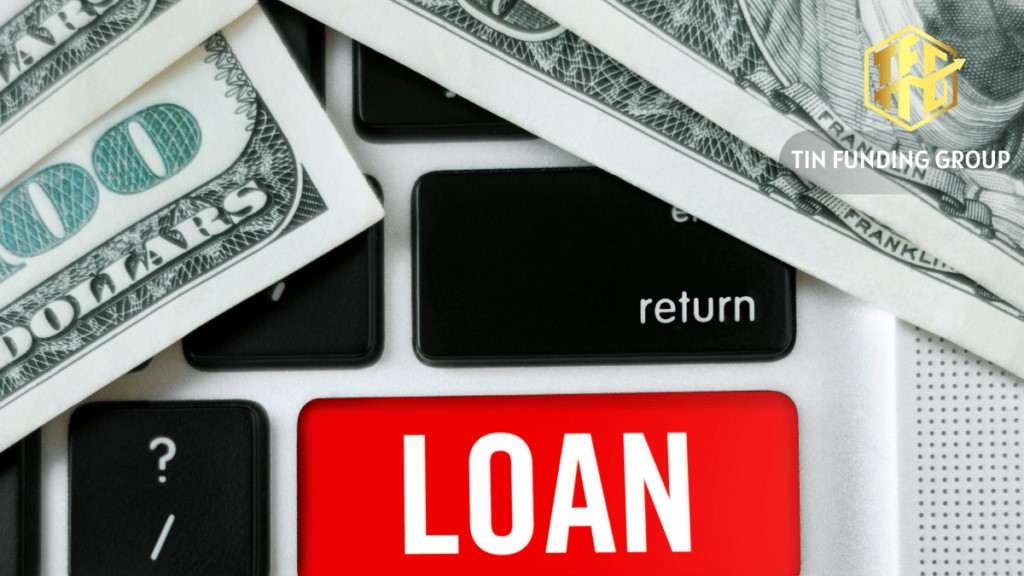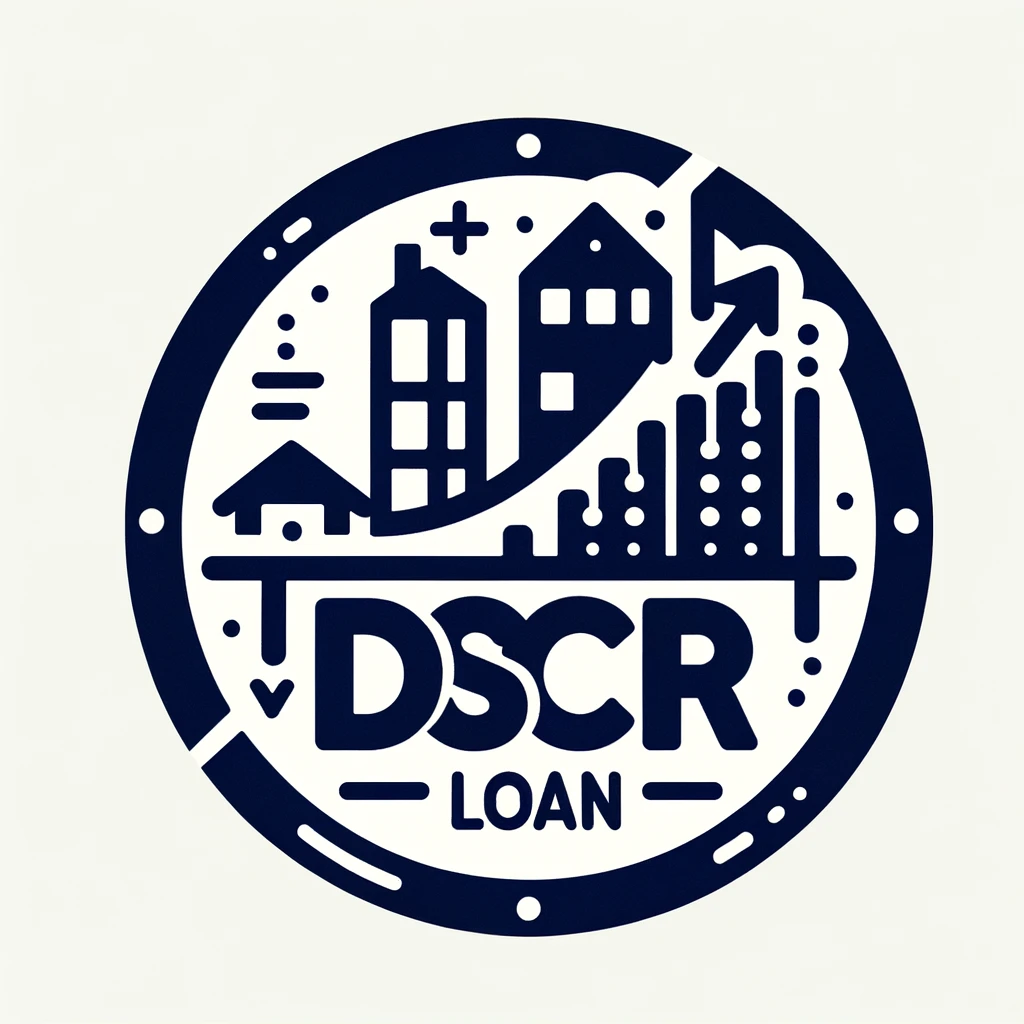What is DSCR loans?
DSCR loans, or Debt-Service Coverage Ratio loans, offer a unique opportunity for real estate investors to secure financing based on rental income rather than personal earnings. These loans cater to self-employed investors, those with multiple mortgaged rental properties, and those aiming to rapidly expand their investment portfolios. Below, we provide a comprehensive overview of DSCR loans.
- Low documentation
- No personal DTI
- No tax returns
- Full 30-year terms with no balloon
- The ability to protect your identity by financing through a corporate entity
- Common sense underwriting of your short-term rents
- Finance DSCR loans in 38 states and Washington D.C


Distinct from consumer or owner-occupied mortgage loans, but akin to commercial real estate mortgages, a DSCR loan evaluates property-level cash flow rather than individual income. The Debt-Service Coverage Ratio (DSCR) serves as a pivotal metric for lenders, gauging a borrower’s capacity to repay a loan based on the property’s monthly rental income. Calculated by dividing the monthly rent by the monthly principal and interest payments, taxes, insurance, and association dues (PITIA), the DSCR ratio simplifies cash flow assessment.
For commercial or multi-family properties, DSCR is determined by dividing the annual Net Operating Income (NOI) by the annual debt service (equivalent to the annual PITIA). The formula for computing commercial property DSCR is:
DSCR = Annual NOI / Annual Debt Service
For instance, if a property generates an annual Net Operating Income of $100,000 and incurs an annual debt service of $81,783, the calculation appears as follows:
DSCR = $100,000 / $81,783
In this scenario, the annual debt service is lower than the Net Operating Income, resulting in positive monthly cash flow.
DSCR Loan Property Types
CAN BE USED
- Single-family (1-4 unit) residential rentals
- Vacation or short-term rentals
- Commercial or multifamily property
CANNOT BE USED
- Rural properties
- Properties with square footage of less than 750 square feet
- Condotels
- Manufactured housing
- Dome homes
- Log cabins
DSCR Loan Use Cases
Cash-out refinances are our most popular use case. A cash-out refinance is when you replace your mortgage loan with a new loan for a higher loan amount, and the difference in cash is yours. You could also obtain new financing on a property that is not currently pledged on a loan. Our clients use our cash-out refinances to:
- Renovate an existing rental
- Buy another investment
- Finance a flip
A cash-out refinance is when you replace your mortgage loan with a new loan for a higher loan amount, and the difference in cash is yours. You could also obtain new financing on a prop.
A rate & term refinance is when you refinance an existing loan in order to change the interest rates and/or terms of the loan. Commonly, investors will use a hard money loan or a fix and flip loan to purchase and renovate a distressed property. Once the renovations are complete, they will keep the property as a rental and refinance into a DSCR loan for permanent financing.
A rate & term refinance is when you refinance an existing loan in order to change the interest rates and/or terms of the loan. Commonly, investors will use a hard money loan or a fix and flip loan to purchase and renovate a distressed property. Once the renovations are complete, they will keep the property as a rental and refinance into a DSCR loan for permanent financing.
- Purchase already rented properties
- Purchase rent-ready properties
Unlike other lenders, TFG has been able to make sense of short-term rents and will finance vacation rentals. Our investors often will use our DSCR Loans to:
- Cash-out refinance a vacation rental to buy more properties
- Purchase a new vacation rental as an investment
How DSCR Loans Work?
A debt service coverage ratio of 1.2 is solid , and anything above a 1.5 is strong. A DSCR ratio of 1 indicates the rent exactly equals the monthly sum of principal, interest, taxes, insurance, and association dues (if any). With a debt service coverage ratio below a 1, the investor will be subsidizing the PITIA with cash from other sources.
A DSCR of 1 indicates the monthly rent exactly equals the monthly sum of principal, interest, taxes, insurance, and association dues (if any)
- Principal + Interest= $1,500
- Taxes= $350
- Insurance= $150
- Association Dues=$100
- Total PITIA= $2100
- Rent= $2100
- DSCR= Rent/PITIA=2100/2100=1.0
Since the DSCR is 1.0, we know the mortgage payments and PITIA expenses are equal to the monthly property rent.
With a DSCR below a 1, the investor likely will have to come out of pocket to cover property expenses
- Principal + Interest= $1,800
- Taxes= $250
- Insurance= $150
- Association Dues=$35
- Total PITIA= $2235
- Rent= $2100
- DSCR= Rent/PITIA=2100/2235=0.94
Since the DSCR is .94, we know the PITIA is greater than the monthly rent from the property, indicating negative cash flow.
While it varies between lenders, typically anything above a 1.2 is considered good, and anything above a 1.5 is considered great
- Principal + Interest= $1,600
- Taxes= $250
- Insurance= $150
- Association Dues=$35
- Total PITIA= $2,035
- Rent= $2350
- DSCR= Rent/PITIA=2350/2035=1.15
If we divide the rent by PITIA, we get a DSCR of 1.15, which indicates positive cash flow.
DSCR Loan Requirements
If you are an investor and looking to obtain a DSCR mortgage, make sure you meet these basic requirements:
Minimum Credit Score Required
Most DSCR lenders require a 680 credit score with better rates for higher credit. Most lenders also have minimum tradeline requirements, including both amount and duration. Lenders also will consider whether you have any other significant credit events on your credit report, such as foreclosures, bankruptcies or past due payments.
Minimum Down Payment or Equity
Maximum loan-to-value on purchase loans typically is 70%-80% and on refinances is 65%-75% depending on property type, credit and DSCR.
Minimum Property Value
Most lenders have a minimum property value of $150,000.
Minimum Loan Amount
A good standard for minimum loan amount is $75,000.

